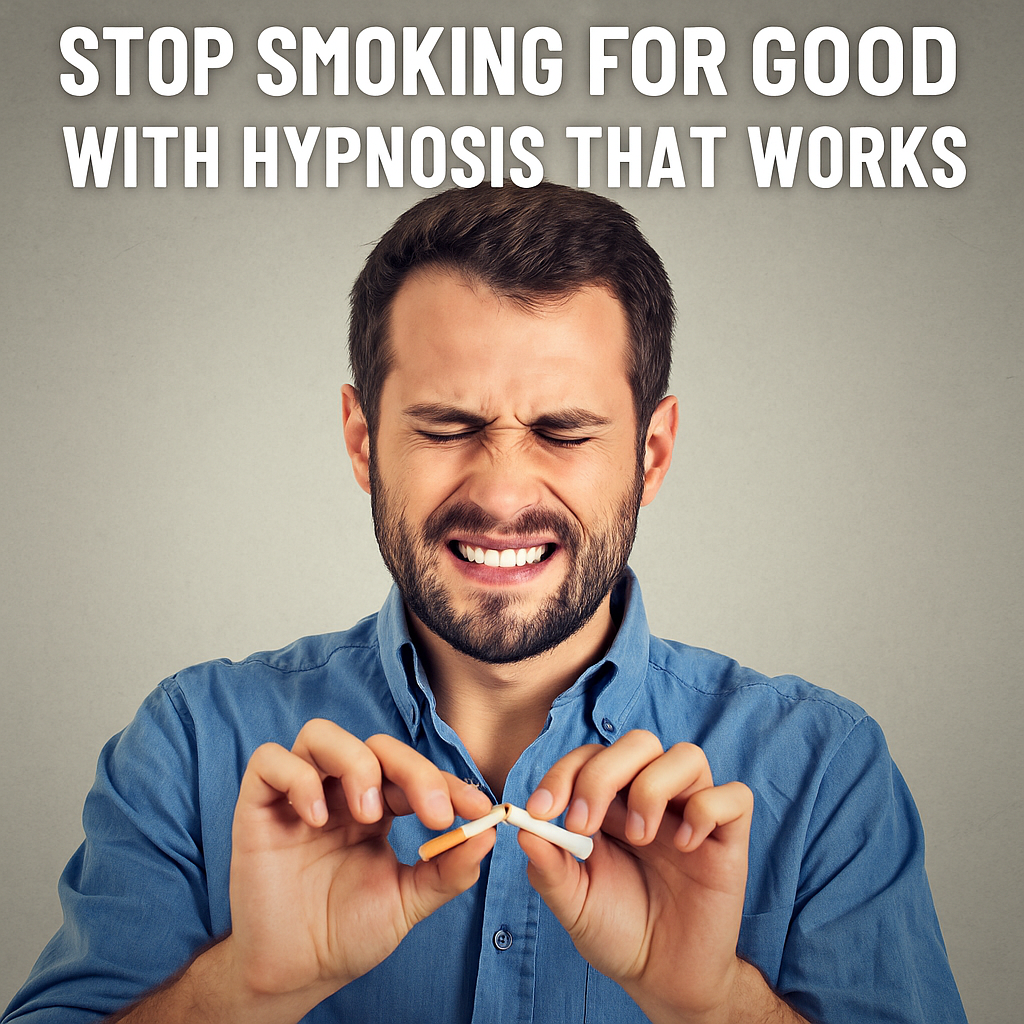3 Ways To Go From Broke To Millionaire
Ever feel like you never have enough money?
Some are born into families with accumulated wealth, but most grow up with just enough to pay the bills and put food on the table.
My dad worked six days a week and often pulled doubles (two shifts) to earn $50k a year.
The belief was that if you worked harder, you would make more money and have a better life.
But the more money he made, the more my parents spent, so even though we had a comfortable life growing up, he never had time to enjoy it.
My folks didn’t take classes on accumulating wealth or increasing emotional intelligence, and I’m not sure where they would have taken those classes back then anyway.
Since faulty paradigms pass through the generational timeline, I made the same money mistakes.
I worked 16-hour days, made a bunch of money, and spent it all on larger homes and fancier vacations.
For years I was perpetually stressed about money because no matter how much I earned, it was never enough.
On the outside, it looked like I was doing great, but on the inside (of me), I just felt broke at a higher level.
The only habit that saved me from ending up dependent on the government or my children one day is my desire for continued learning and self-mastery.
I’ve been going to the library and checking out audio programs on creating wealth, growing a business, increasing emotional intelligence, improving my marriage, being a better father, etc., since the early 90s.
Now with the internet, it’s even easier to educate yourself, but there’s a new problem with having access to “everything.”
A lot of the information on the internet is false and detrimental to your financial and emotional well-being.
It makes entrepreneurs and business owners shy away from growing forward because they don’t want to waste any more money on programs that sound amazing but deliver very little value.
I always wondered if wealthy people had access to information or ideas that 97% of the popular are not privy to, and guess what?
They do!
And you won’t find these ideas in books.
You have to get around millionaires willing to share their ideas and provide assistance, and that’s what I’ve been doing for the last several years.
I’m currently putting a new program together to share the path to seven figures with those ready to take it.
Yet, I want to share three strategies learned from millionaires to understand how wealthy people think about money differently.
1) Money loves speed! Wealthy people are more concerned with growing their fortune, whereas broke people are always afraid of losing money.
Wealthy people take more risks, view losses as feedback, and never wait to take a growth-oriented action until they can afford it. Instead, they act quickly and decisively, focus on the opportunity cost (would I spend $10k to make $100k), and use other people’s money to fund their progress (0% credit card offers, etc.). Their abundance mentality causes them to compare where they are to what’s possible in the future.
Broke people obsess about the risks of not getting what they want. They worry about failing, getting taken advantage of, and trying to hedge their bets by asking for payment plans and money-back guarantees. Their scarcity mentality causes them to dwell on past failed attempts, which creates procrastination and stagnation in the present.
2) Become your own bank . Wealthy people use strategies like infinite banking to increase their wealth rather than make lenders richer. For example, you take out a car loan for $30k at 3% interest. You’ll give $900 to the lender of that loan.
With infinite banking, you set up a life insurance policy and grow it over time through automated monthly payments. Then you borrow the $30k from your account and pay yourself back over the same timeframe.
Here’s where it gets mind-blowing.
Let’s say you have a policy with $75k in it. You can borrow $30k from it, and the account will still earn interest at $75K because you didn’t take a deduction. So your account is still earning interest at $75k, you now have a $30k loan, and you are paying yourself 3% interest. You’ve become your bank!
Imagine doing that with your mortgage payment! It’s one more way the rich become wealthier.
3) Buy a jet! Wealthy people use debt to save money on taxes. The other day, a wealthy business owner told me about a jet airplane he purchased a few years ago. His friends thought he was crazy, but they didn’t realize that he was able to write off millions of dollars in taxes because he used that jet for his business.
Broke people tend to hoard money, fearing that more won’t flow into their lives. As a result, they are constantly working on getting out of debt and will pay off a loan instead of investing in a new revenue stream.
To be clear, I’m not providing you with financial advice . Instead, I aim to point out how people who have accumulated wealth approach the game differently.
Everyone’s situation is shockingly similar, and this email will likely push buttons inside you.
“Yes, Tim, well what if I can’t afford a jet?”
“Wealthy people always get out of paying taxes because they are greedy and evil.”
“I can’t afford to do anything right now, so that’s why I’m not taking action on new opportunities.”
Those comments all originate from fear-based paradigms, and they used to keep me stuck.
How about you?
Tim Shurr
The post 3 Ways To Go From Broke To Millionaire first appeared on Indy Hypnosis Center.



